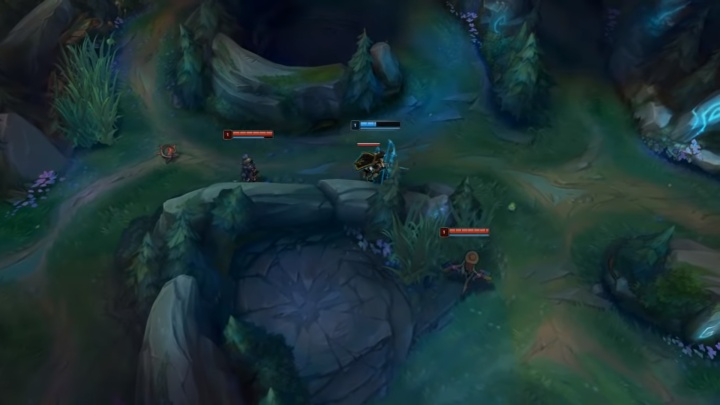Beyond The Headlines
Stay updated with the latest news and insights from around the world.
Griefing Penalties: The Hidden Price of Toxic Play in CSGO
Discover the unseen costs of toxic play in CSGO! Uncover the truth about griefing penalties and protect your gaming experience.
Understanding Griefing in CS:GO: What It Is and Why It Matters
Understanding griefing in CS:GO is essential for both new and seasoned players who wish to maintain a healthy gaming environment. Griefing can be defined as intentional actions taken by players to disrupt the gameplay experience for others. This can manifest in various ways, including team killing, sabotaging objectives, or deliberately making poor choices that adversely affect the team's performance. Understanding the different forms of griefing can help players recognize when it occurs and, importantly, remind them to foster a more cooperative and enjoyable gaming experience.
Griefing in CS:GO matters significantly because it impacts player enjoyment and can drive dedicated players away from the game. Not only does it create frustration, but it can also lead to a toxic atmosphere in the community. To combat griefing, developers have implemented reporting systems and penalties for players who engage in such behavior. By addressing griefing seriously, both players and developers can work together to build a game environment that encourages fair play and respect among all members of the community. Remember, while competitive play can be intense, it's essential to keep the spirit of the game alive.

Counter-Strike is a popular tactical first-person shooter game that emphasizes teamwork and strategy. Players engage in various missions, such as bomb defusal or hostage rescue, using a wide array of weapons. One of the fan-favorite weapons is the desert eagle serpent strike, known for its high damage and accuracy.
The Consequences of Griefing: How Toxic Behavior Affects the Community
Griefing in online communities has far-reaching consequences that go beyond just the immediate annoyance it causes to individual players. When a player engages in toxic behaviors like griefing, it can foster an environment of hostility and distrust. According to studies, a significant percentage of players report decreased enjoyment and increased frustration as a direct result of encountering griefers. This not only affects player retention but also such negative experiences can lead to a larger exodus from the community, which can ultimately diminish the vibrancy and inclusivity that a gaming or social platform strives to maintain.
Furthermore, the ramifications of griefing extend to the overall health of the community. It can disrupt team dynamics, provoke conflicts, and even generate a culture of toxicity that trivializes the contributions of positive members. By normalizing such behavior, it drives away newcomers who might have been valuable additions to the community. To counteract these effects, many platforms are implementing stricter measures to combat griefing, such as stronger reporting systems and community guidelines. However, the responsibility also lies with the players to cultivate a respectful environment that discourages such behaviors and promotes camaraderie.
Are Griefing Penalties Enough? Analyzing the Effectiveness of CS:GO’s Anti-Toxicity Measures
In recent years, CS:GO has faced increasing scrutiny over its handling of in-game toxicity, particularly regarding the phenomenon of griefing. Players often exploit game mechanics to sabotage their teammates, leading to a frustrating experience. The anti-toxicity measures implemented by Valve, including penalties for griefing, aim to curb this behavior. However, many players argue that these penalties are insufficient to deter repeat offenders. The development and enforcement of fair and effective penalties are crucial in creating a more enjoyable gaming environment. This begs the question: are the current penalties for griefing truly enough to make a measurable impact?
To assess the effectiveness of CS:GO's anti-toxicity measures, one must consider several factors. Firstly, the reporting mechanism allows players to flag toxic behavior, but the actual execution of penalties often feels inconsistent. Secondly, the community's reaction to these measures plays a significant role in their success. For instance, if players perceive the punishments as lenient or arbitrary, the deterrent effect diminishes, potentially encouraging further griefing. Therefore, while griefing penalties are a step in the right direction, they require continual assessment and adaptation to ensure they effectively reduce toxicity in the game.